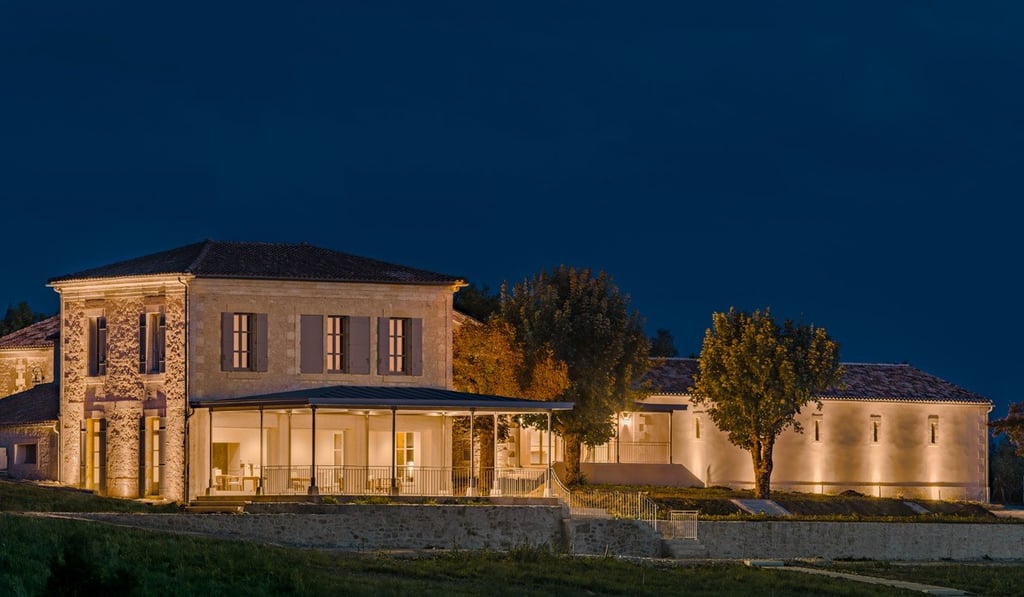Spain, Bordeaux, Tasmania: young Chinese winery owners bring global vision, business savvy
- A Hongkonger was gifted a Bordeaux chateau at 25, a Peking University MBA graduate bought Tasmanian wineries with his cousin when they were 24 and 22
- Young Chinese winery owners have injected not just capital, but new thinking into their operations

Howard Chang Kwok cut his teeth in the winemaking business after receiving, at the age of 25, a chateau in Bordeaux as a gift from his Hong Kong-based billionaire father Peter Viem Kwok in 2012.
The four-hectare vineyard – enclosing Chateau La Patache and Enclos Tourmaline, in the Bordeaux appellation of Pomerol – produces 15,000 bottles of merlot-based wines every year.
“As a wine lover myself, I am very lucky to be a part of the wine business,” says Kwok, now 32, who manages his family properties in Xian including the Westin Xi’an hotel and the Xi’an Qujiang Museum of Fine Arts.
His family owns seven vineyards, including Chateau Tour Saint Christophe and Chateau Bellefont-Belcier in Bordeaux; his father bought his first chateau, Haut-Brisson in Saint-Emilion in 1997.

Kwok says his father loves French culture, as he was born and raised in Saigon (now Ho Chi Minh City) in Vietnam.